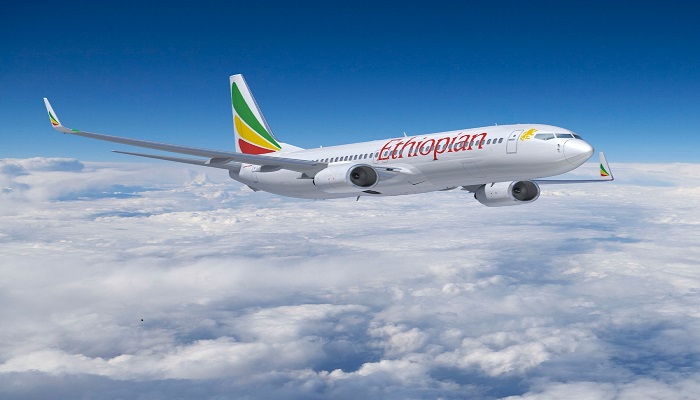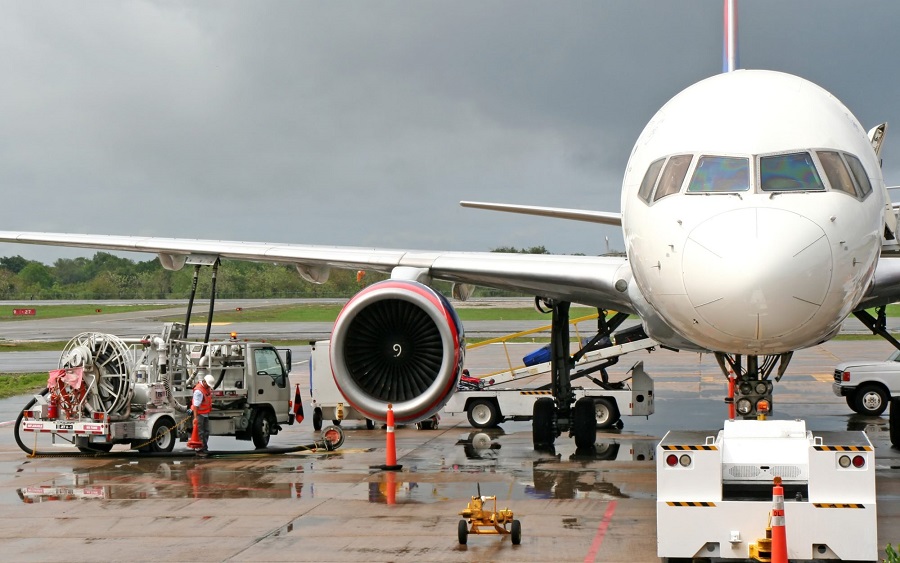Nigeria’s aviation sector accounted for 0.06% of the country’s real GDP in the second quarter of 2022.
The sector grew by 22.45% in Q2 2022 in real terms, slower than the 50.68% growth rate recorded in the previous quarter.
The Sector is primarily regulated by the Civil Aviation Act 2006 (CAA) and the Nigerian Civil Aviation Regulations 2015 (NCAR). Below is a compilation of the secondary and primary laws governing the sector:
Recommended Reading: Why you need to invest in the aviation industry
LAWS THAT REGULATE THE AVIATION SECTOR
1. Federal Airport Authority of Nigeria Act 1996
This Act established the Federal Airport Authority of Nigeria (“FAAN”) which is responsible for the development, provision, and maintenance of airports and associated services as provided under Section 1 of the FAAN Act.
The Act also empowers FAAN to provide adequate conditions under which passengers and goods are carried by air.
Section 5 empowers FAAN to discontinue the use of an airport, subject to the consent of the Minister of Transportation.
The Federal Ministry of Transportation provides policies and guidelines for FAAN to perform its statutory functions.
2. Nigeria Airspace Management Act 1999 (NAM Act)
Section 1 of this Act establishes the Nigerian Airspace Management Agency (“NAMA”) which is responsible for air traffic services, airspace management, aeronautical telecommunications, etc.
Section 7 of the Act provides for the function of NAMA.
3. The Civil Aviation Act of 2006
The 1999 constitution of the federal republic of Nigeria( as amended) places aviation matters under the exclusive jurisdiction of the National Assembly( NASS) which means that only NASS can make laws that relate to aviation matters in Nigeria.
The National Assembly while exercising its powers enacted the Civil Aviation Act 2006 which is the principal legislation for the aviation industry in Nigeria.
While section 1 of the Act empowers the Minister of Civil Aviation to control and supervise authority over Civil Aviation in Nigeria,
Section 2 of the Act establishes the Nigerian Civil Aviation Authority (NCAA) which is responsible for technical and safety issues such as;
Aircraft registration, air navigation services, aviation safety, and security, commercial air transport, personnel licensing, powers to investigate, aerodrome, and airspace standards in the aviation industry to conform with the standards and recommended practices of the International Civil Aviation Organisation (ICAO).
The NCAA is empowered by Section 27(3) of the CAA 2006 to ground any aircraft and seal the premises of any air transport service provider that does not coy with the provision of the CAA and other aviation regulations in Nigeria.
According to section 32 of the Act, No person shall use aircraft for the purpose of any trade or business without a license permit or other authorizations issued to him by the authority.
The Accident Investigation Bureau (“AIB”) was also established by the CAA in 2006. The bureau is saddled with the responsibility of investigating “Accidents and incidents arising out of or during navigation in or over Nigeria, or occurring to Nigerian-registered aircraft elsewhere, and/or where the interest of Nigeria is involved.”
4. Nigerian Civil Aviation Authority (NCAA)
The Nigerian Civil Aviation Authority is the major regulatory body of the Nigerian aviation sector. The agency while fulfilling its statutory mandate came up with several regulations governing aviation activities in Nigeria.
The NCAA was established and empowered to regulate aviation in Nigeria without any political interference.
While Section 30 of the CAA provides for the powers of the NCAA, Section 30 (7a) creates 6 directorates among which is the Directorate of Air Transport Regulation (DATR) which is responsible for the economic regulation of the aviation industry.
5. Nigerian Civil Aviation Regulations 2015 (NCAR)
The Nigerian Civil Aviation Authority Regulations (“NCARs”) 2015 is a regulation issued by the NCAA pursuant to its regulatory powers under CAA 2006.
The NCARs deal with issues that have to do with aircraft registration and marking, consumer protection, personnel licensing, and airworthiness, amongst others.
Safety management requirements in conformity with the standards and recommended practices of the International Civil Aviation Organisation (“ICAO”) are addressed by Part 20 of the NCARs.
What you should know
The Federal High Court has exclusive jurisdiction to hear all matters relating to aviation and the safety of aircraft in Nigeria as provided under Section 251 of the 1999 constitution.

























Nice summary